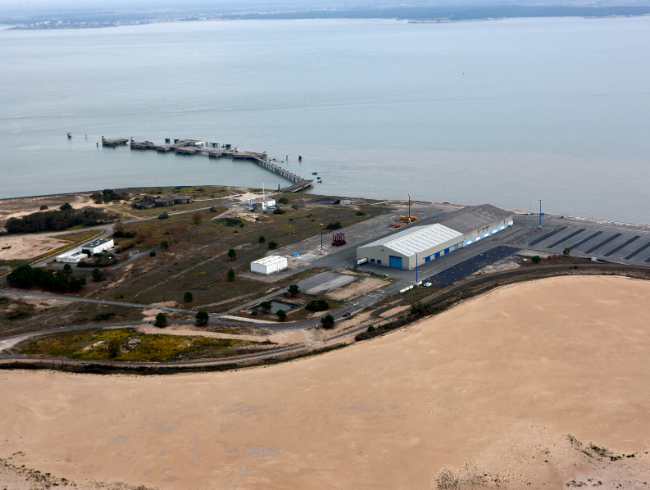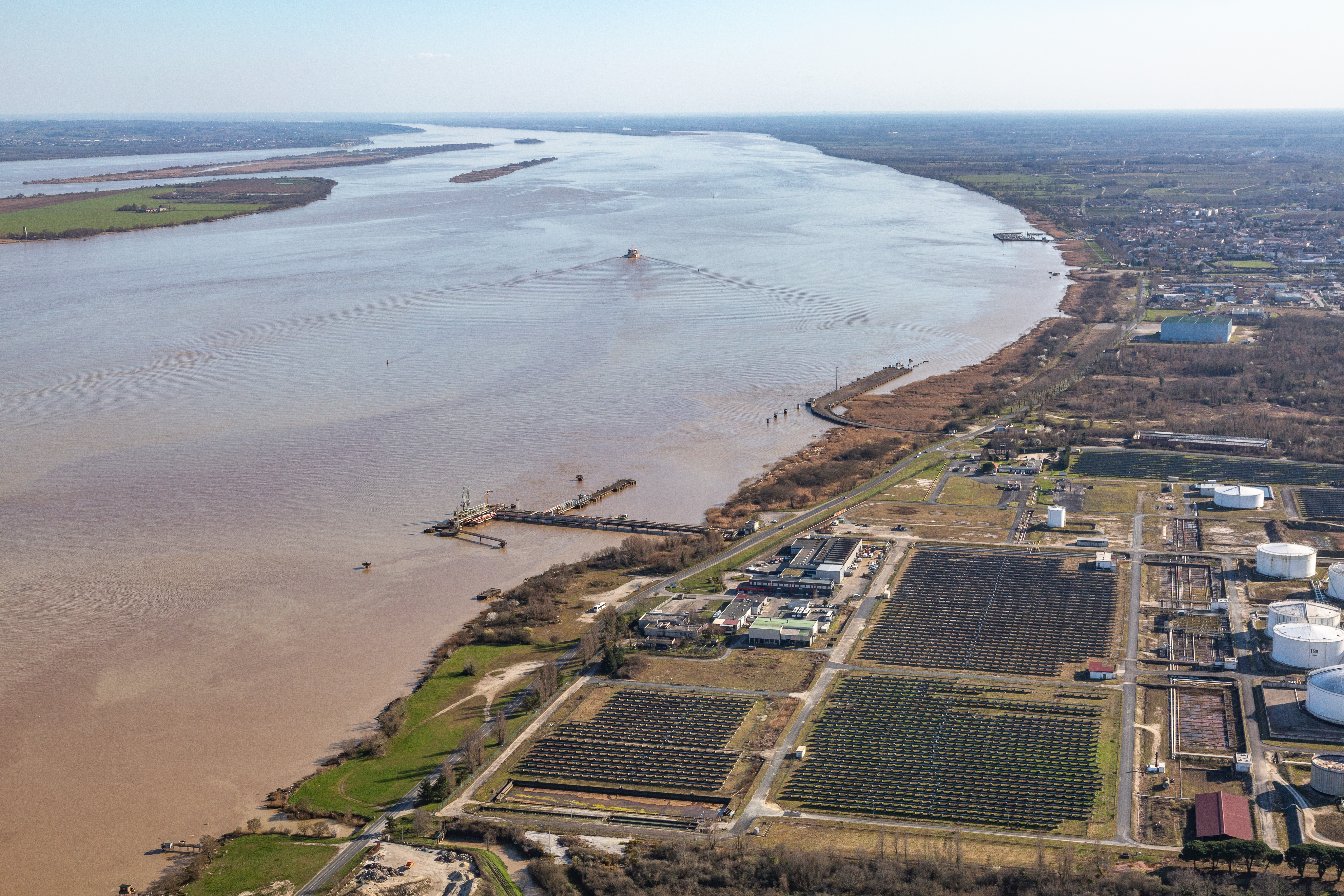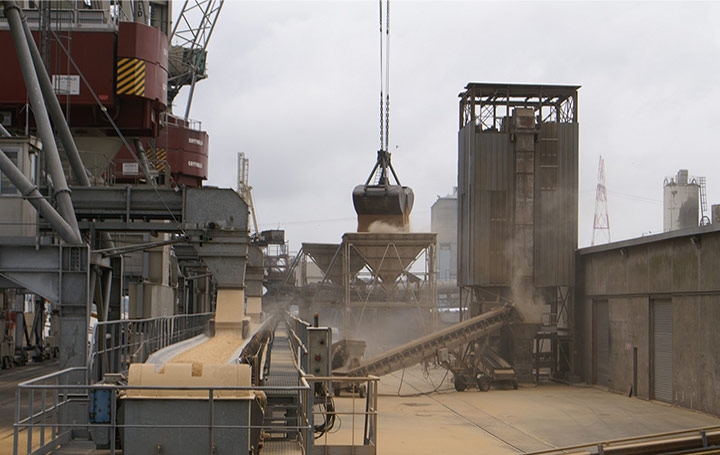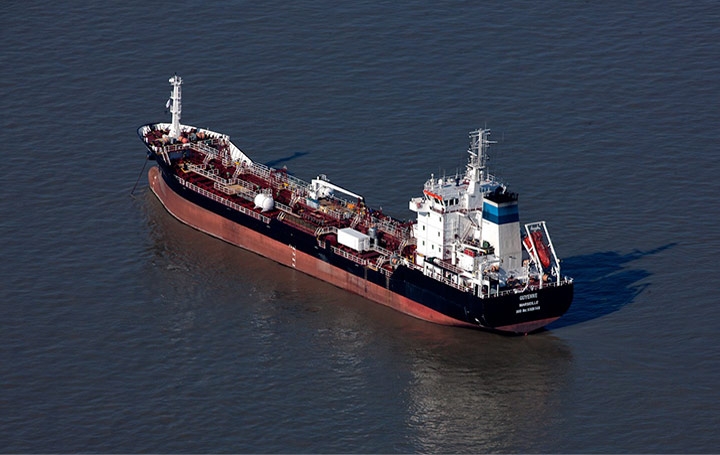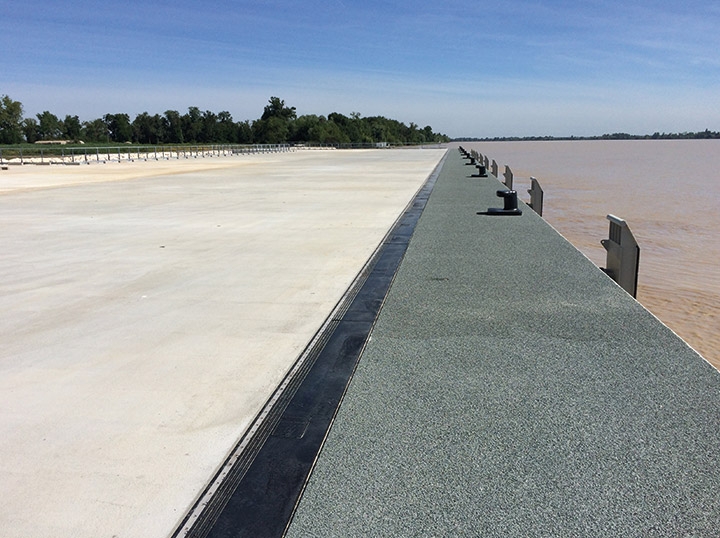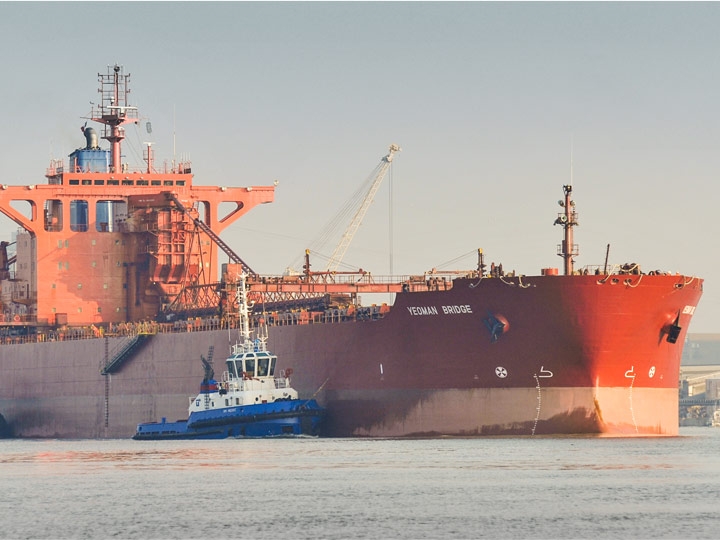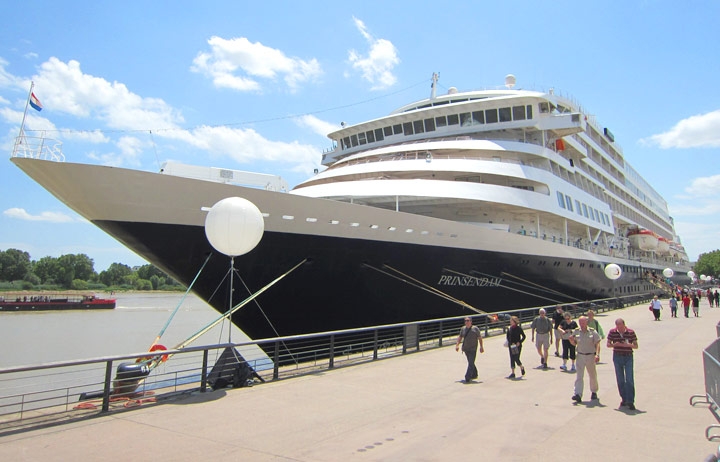LE VERDON Terminal
Leading port for container circulation
and cruise ship stopovers
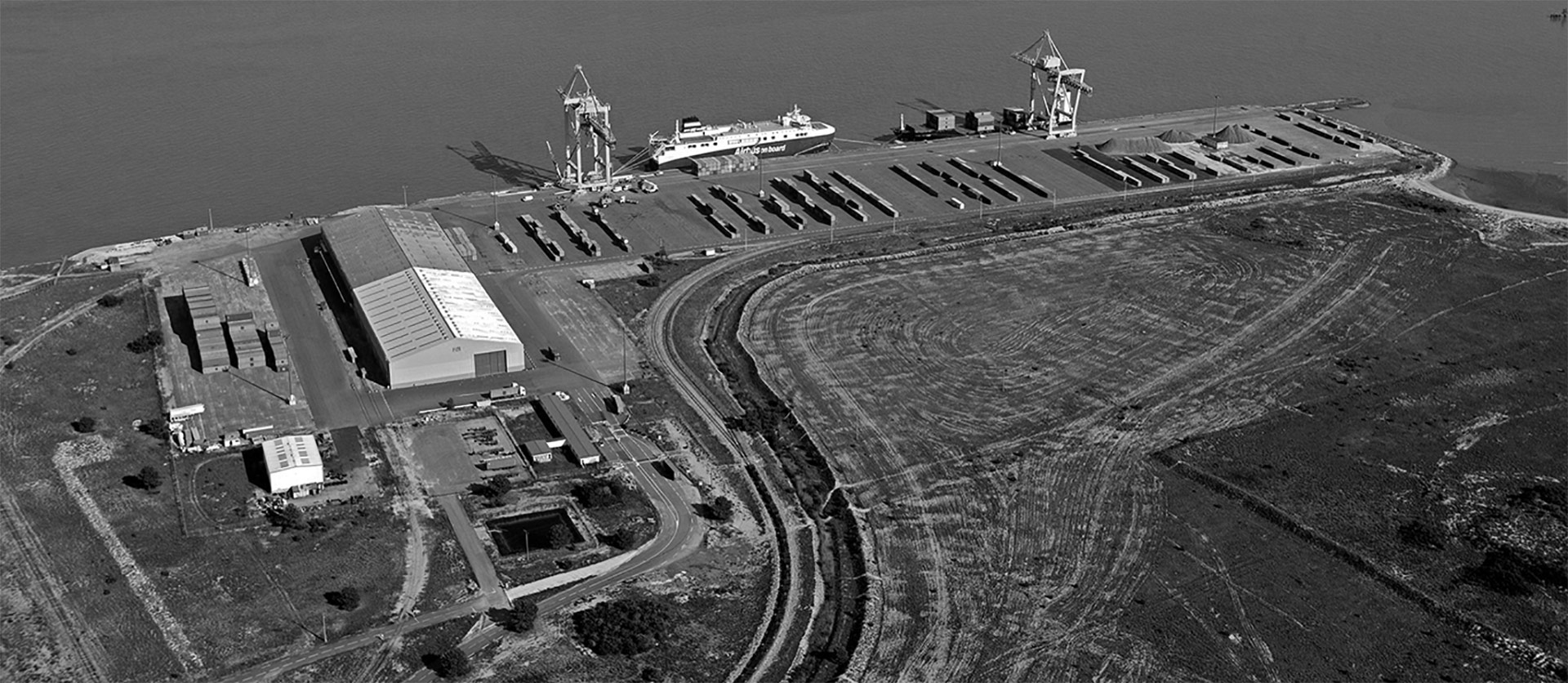
LE VERDON
Leading port for container circulation and cruise ship stopovers
LE VERDON
Terminal
The Le Verdon terminal is a major deepwater port (12.5 metres draft) with vast amounts of land available at quayside and a 12,000m² hangar. Specialising in the transportation of containers, the port also handles heavy lift cargo of all varieties and serves as an anchoring point for large cruise ships. This terminal, through which more than 200,000 tonnes of cargo is transported each year, also has 3 quayside berths, two container gantries and a roll-on/roll-off ramp. A rail network also directly links the port terminal to the Bordeaux metro area. Le Verdon also boasts the South West Europe Container Terminal (TCSO), an upgraded terminal that offers simplified customs procedures and strategic tax advantages.
PAUILLAC Terminal
Airbus logistics
and fuel storage
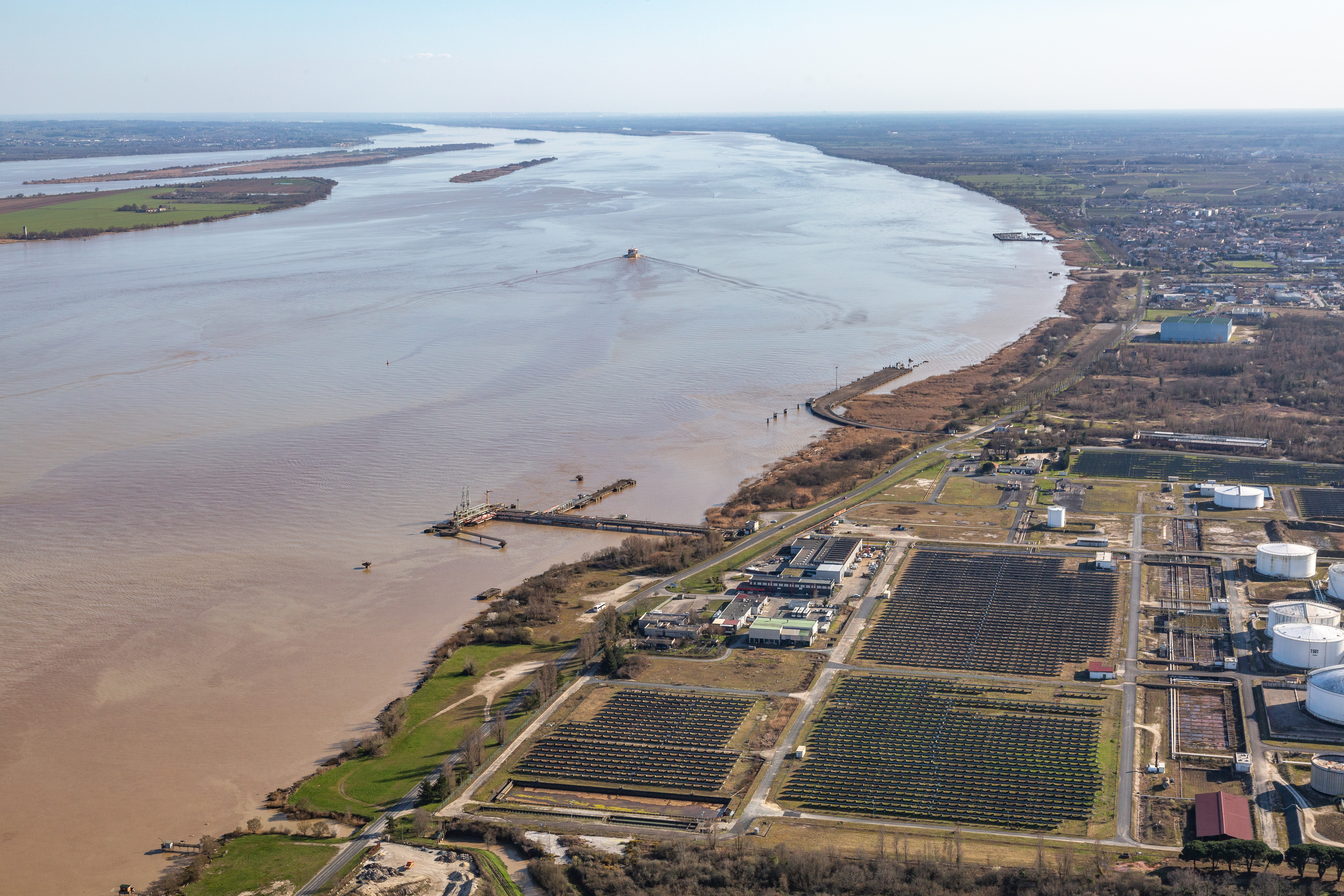
PAUILLAC
Airbus logistics and fuel storage
PAUILLAC
TERMINAL
This terminal on the left bank, which has several units reserved for oil tankers, is also the principal regional logistical centre for Airbus, handling transportation of A380 components. Arriving by sea from France, England, Germany and Spain, these components are then transferred to specially-fitted barges which take them on to Langon. The convoys then continue to Toulouse by road. Nearly 710,000 tonnes of cargo are shipped each year from the Pauillac site.
BLAYE Terminal
Dedicated to cereals
and liquid bulk
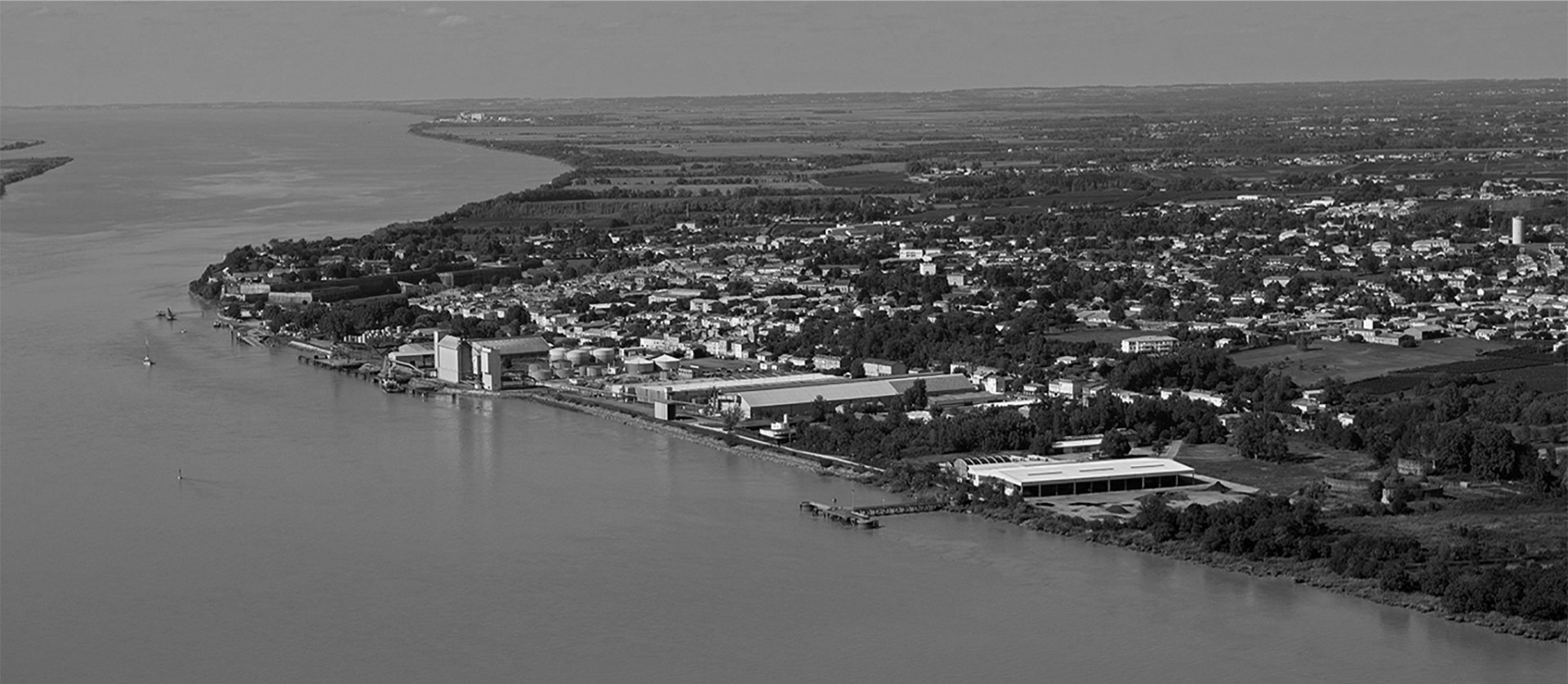
BLAYE
Dedicated to cereals and liquid bulk
BLAYE
TERMINAL
With a circulation of close to 300,000 tons of cargo per year, the site at Blaye is dedicated to the trade of bulk liquids, but also cereal exports.
Ambès Terminal
The largest petro-chemical terminal
in the South West
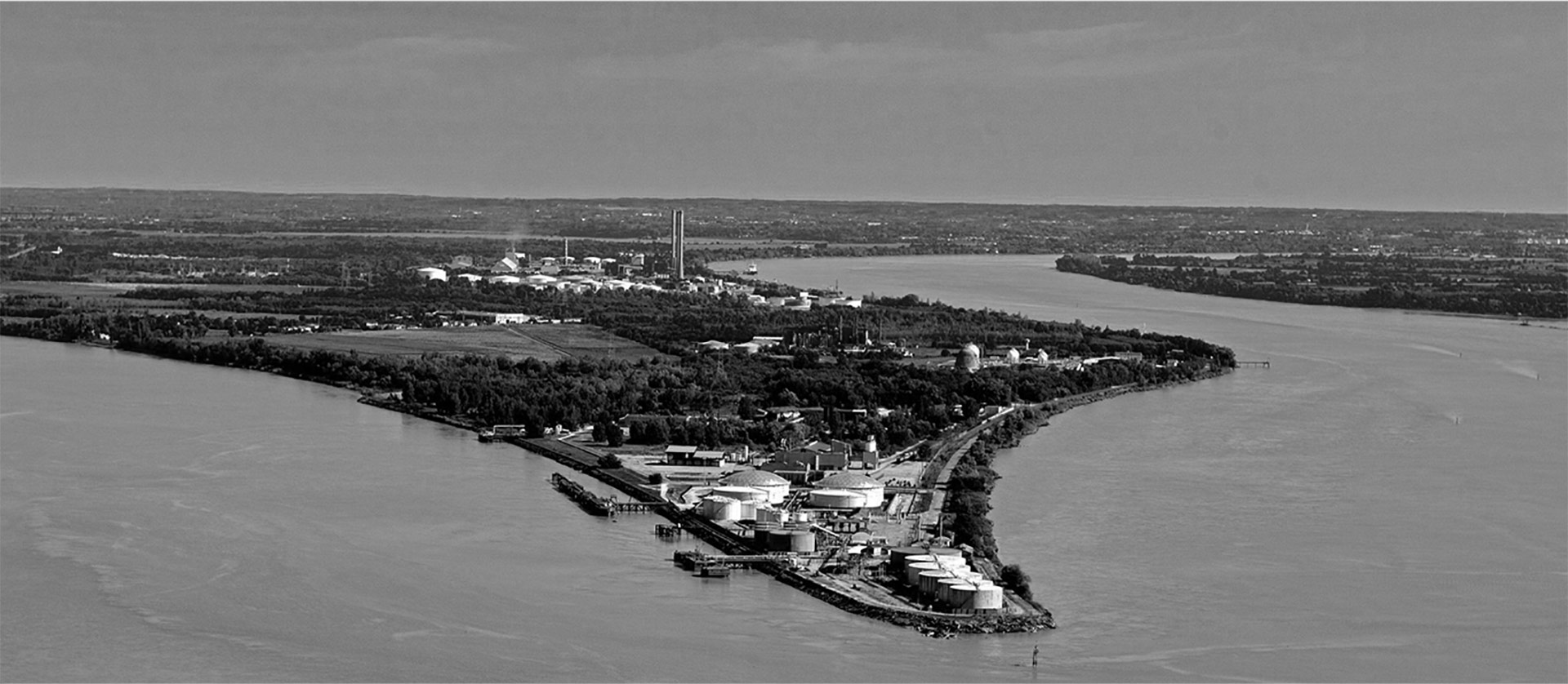
Ambès
The largest petro-chemical terminal in the South West
Ambès
TERMINAL
Located at the confluence of the Dordogne and the Garonne, the Ambès terminal is equipped primarily for the transit and storage of hydrocarbons and chemical products. Nearly 4 million tons per year (half of the port’s trade) pass through the terminal (petrol, diesel oil, domestic fuel, fuel oils, crude oils ...), making Ambès the most important hydrocarbon hub in the South West.
GRATTEQUINA Terminal
A new terminal dedicated
to heavy lift cargo and aggregates
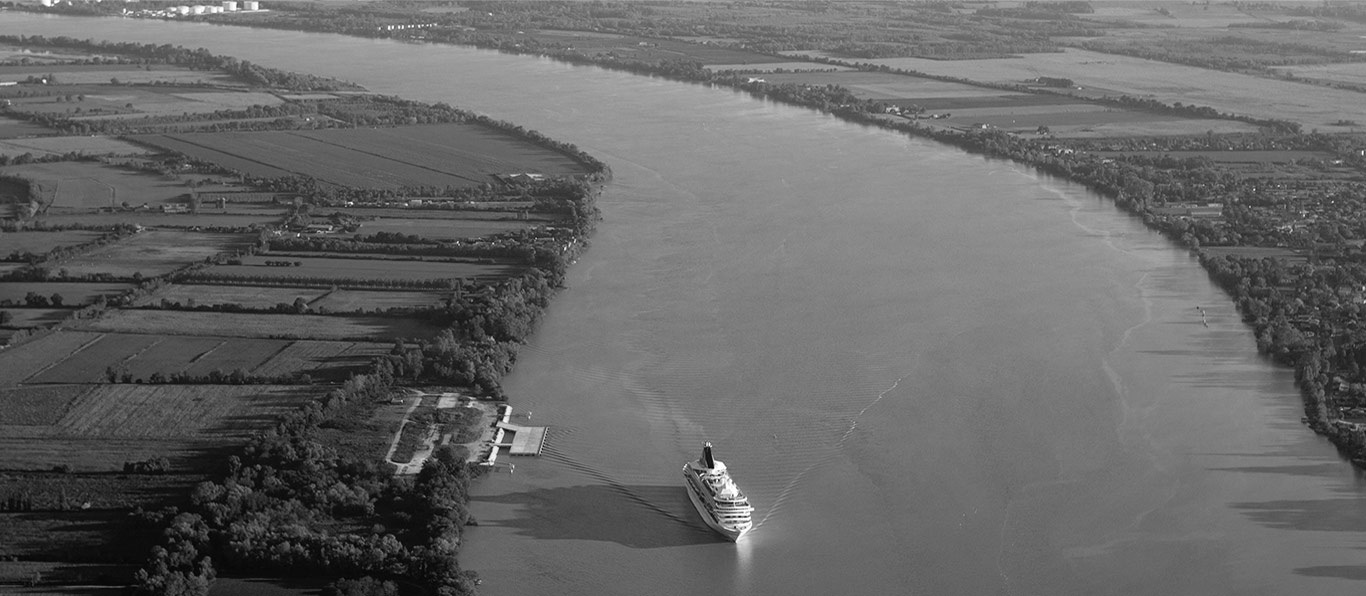
GRATTEQUINA
A new terminal dedicated to heavy lift cargo and aggregates
GRATTEQUINA
TERMINAL
Located close to central Bordeaux, the Grattequina terminal has a versatile high-capacity wharf for handling construction materials (aggregates), in an area where such materials are in high demand. Grattequina can also handle oversized cargo, to serve the logistics needs of regional businesses, in particular the Blanquefort Ecoparc business park. The terminal has a 6-hectare site pre-equipped to accommodate logistics and industrial facilities.
BASSENS Terminal
Bulk goods, cereals, containers,
forestry products, heavy lift cargo
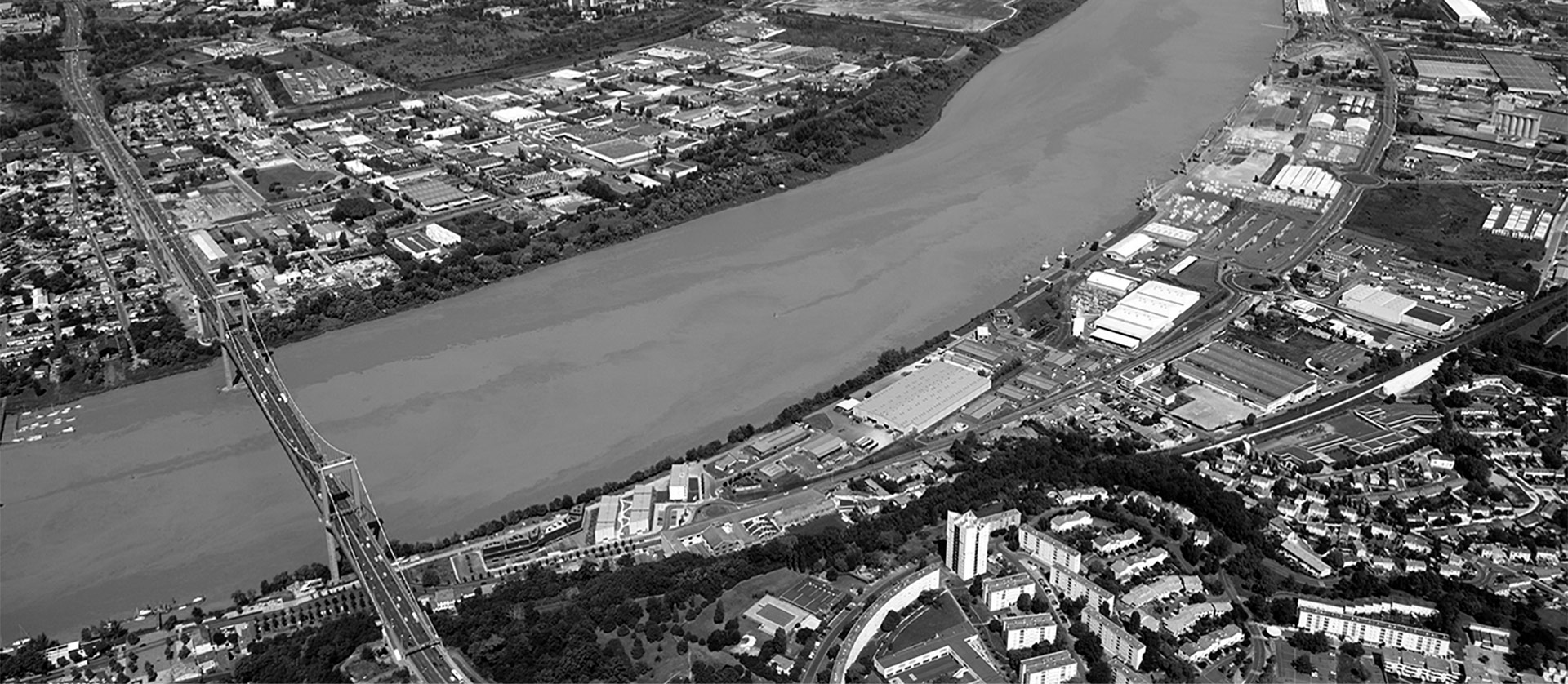
BASSENS
Bulk goods, cereals, containers, forestry products, heavy lift cargo
BASSENS TERMINAL
Located on the right bank, the Bassens terminal handles most of the goods which pass through the port. It is a major logistical hub at the centre of a large industrial port zone. With over 3km of quaysides, the site's activities are varied: recycling, cereals, oilseeds, industrial bulk, containers, forest products, heavy parcels ... Companies located in the Bassens area continue to invest in this major development hub, which accounts for over a third of the port’s total traffic (more than 3.2 million tons per year). The Bassens site also has a direct rail link.
BORDEAUX Terminal
A port of call in the city centre
for cruise ships
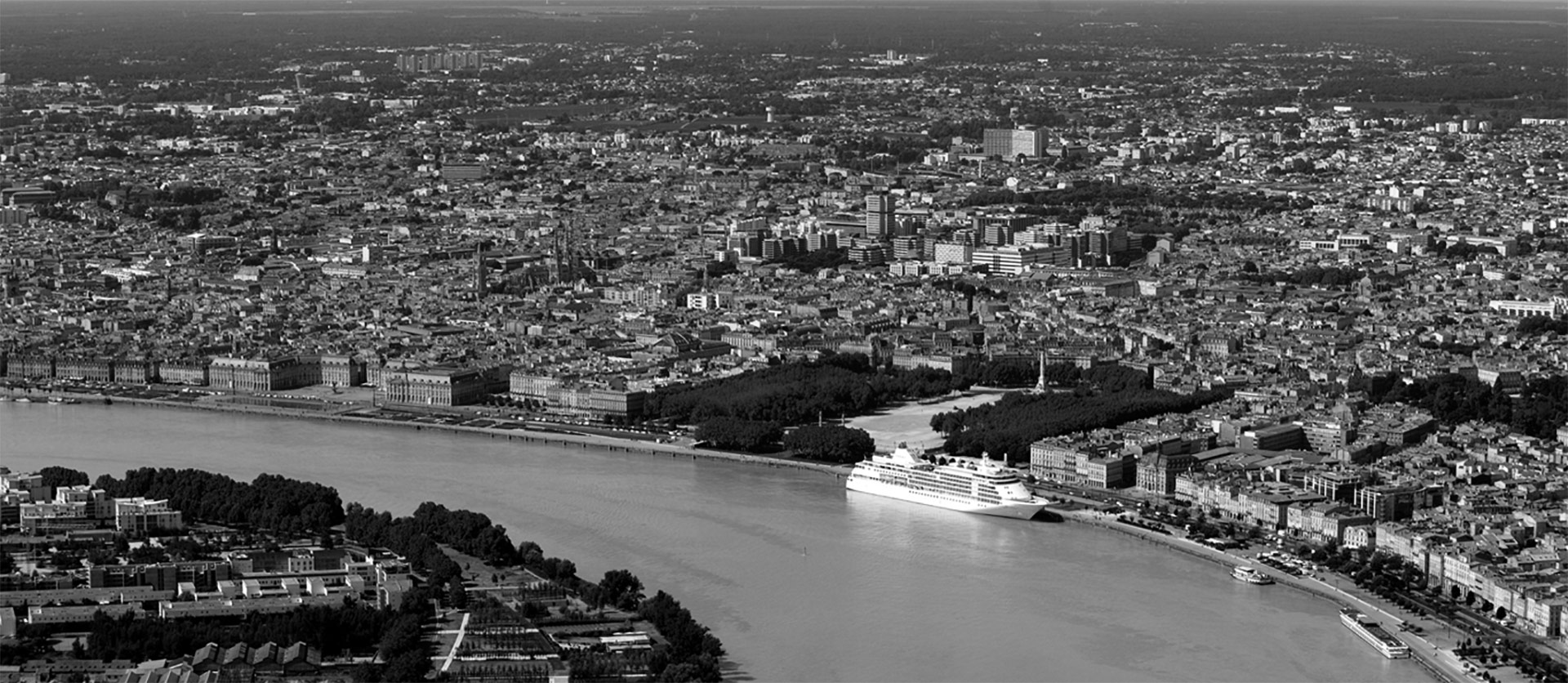
BORDEAUX
A port of call in the city centre for cruise ships
BORDEAUX TERMINAL
The central Bordeaux terminal, the Port of the Moon is now fully reserved for cruise ships. Bordeaux is one of the few European ports of call allowing cruise ships up to 255 m to dock in the very centre of a historic city on UNESCO’s World Heritage list. Two other terminals can also accommodate cruise ships: Bassens and Le Verdon.





